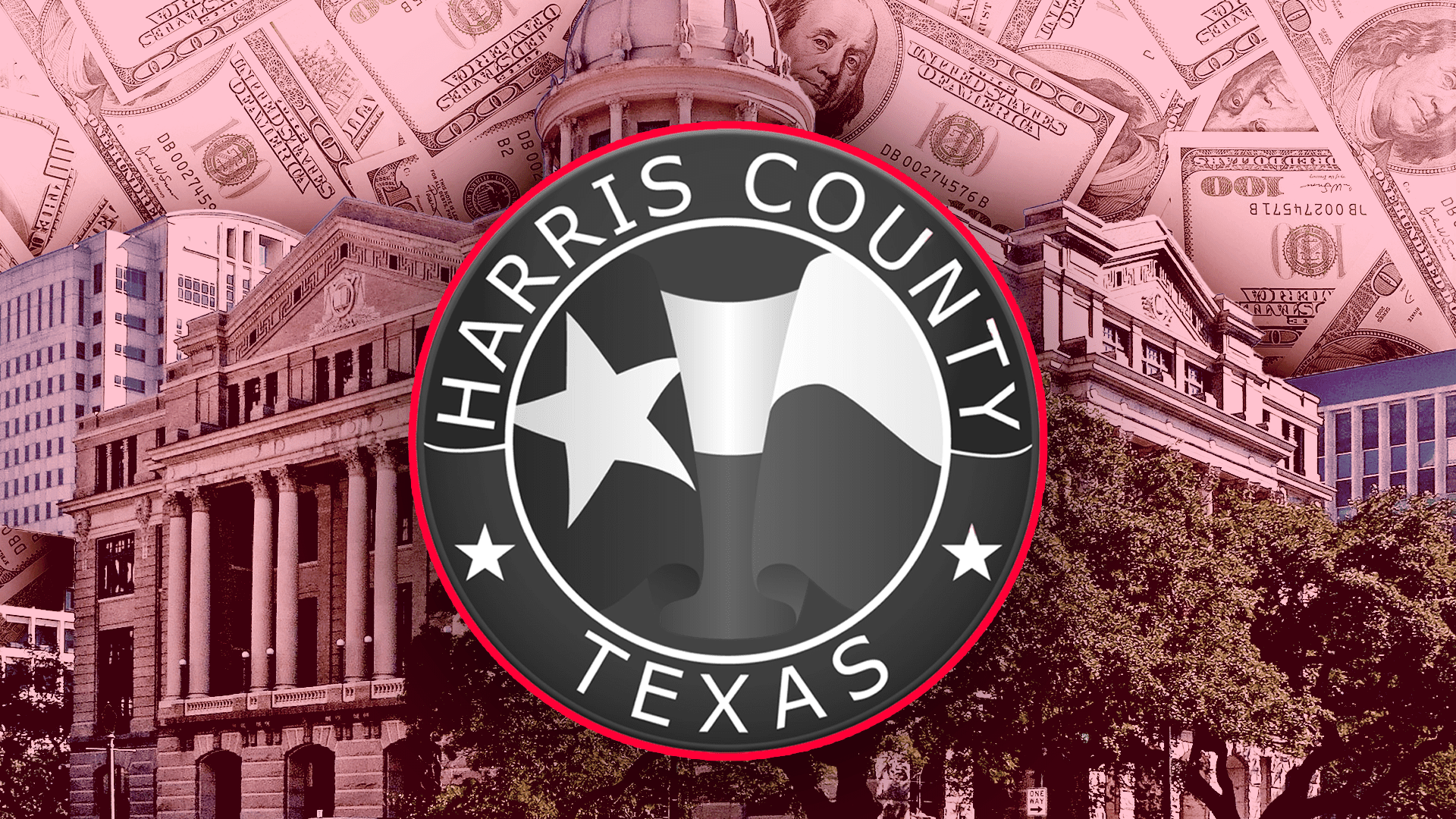Cities across Texas are witnessing some of the country’s fastest growth. Austin has been dubbed an innovation hub and the “new Silicon Valley.” Healthcare innovation is no exception. New business models are rising, hoping to introduce affordability and a patient-centric approach to a broken system.
The private sector can’t transform the system alone. Our elected officials also have a role to play. Texas is a leader in passing laws that address surprise medical billing, promoting drug price transparency, and cracking down on price gouging. Last year, a law passed in 2019 went into effect that set a landmark standard for addressing issues of surprise billing across the country.
The 2021 legislative session provides lawmakers with another opportunity to tackle health policy concerns. But they’re faced with a somber agenda: Texas has the highest estimated number of uninsured citizens of any state. While these numbers don’t account for those who get their care from insurance alternatives, such as medical cost-sharing organizations, these estimates are shocking.
As two advocates who voice for a free-market healthcare economy, common-sense measures that put power back in the hands of Texans immediately when it comes to their health are imperative.
The stage is set. On January 1, 2021, a new Federal Price Transparency Rule went into effect, requiring hospitals to make their standard charges for items and services public. It’s intended to bolster consumer empowerment—meaning that patients could shop for the best deal in non-emergency health-related situations. You would never board a flight without knowing the cost, so why should getting a standard medical procedure be any different?
Only 2,000 hospitals nationwide have complied; the other 4,000 have not. Many even tried to stop it from happening. Given entrenched secrecy in pricing benefits hospitals and insurers, this scattershot approach to implementing reform is no surprise. The Texas Public Policy Foundation created a “Price Transparency Compliance Index” to objectively compare state compliance. Less than half of Texas hospitals have followed the law at this point.
Texas has the opportunity to change this narrative. Representative Tom Oliverson, M.D., serving Texas’s 130th District, sponsored legislation in a previous session that fought for drug price transparency amidst rising costs across the country. Representative Jay Dean is following that precedent, having just introduced a bill that would ensure compliance with the federal price transparency bill. It is essential that other lawmakers in this session show their support in protecting Texas consumers and advocating for accurate, accessible information in healthcare.
This is a moment when Texas legislators have to call on hospitals to comply. But that’s the bare minimum. We need these institutions to initiate measures that make their systems consumer-friendly. We need an “Expedia” for medical services, starting with clear pricing information.
This can set an example for other entities to follow. We envision a future where Texans walk in to their primary care doctor and ask for a menu of prices for each test or blood panel needed. Price gouging will improve once parties are forced to show patients the vast discrepancies in prices. This can increase the power of competition, which can reset lower prices to ones that Texans can afford.
Beyond hospitals, the lack of price transparency is a widespread problem. A hearing was just held for a substitute bill that would replace House Bill 573—which, in its original form, threatened healthcare alternatives and would stifle price transparency throughout the system. We applaud the Legislature for addressing concerns with the original legislation and making the move to promote free-market healthcare solutions.
Texans deserve to know procedure prices they’re paying before they commit to paying them. Representative Oliverson leading the way this session on proposing changes to HB 573 should be a catalyst for broader visibility to healthcare costs.
Ensuring hospital compliance with the new federal rule is the next impactful step Texas lawmakers can do that will immediately impact citizens. Let’s not miss the beat.
This is a commentary published with the author’s permission. If you wish to submit a commentary to Texas Scorecard, please submit your article to submission@texasscorecard.com.






